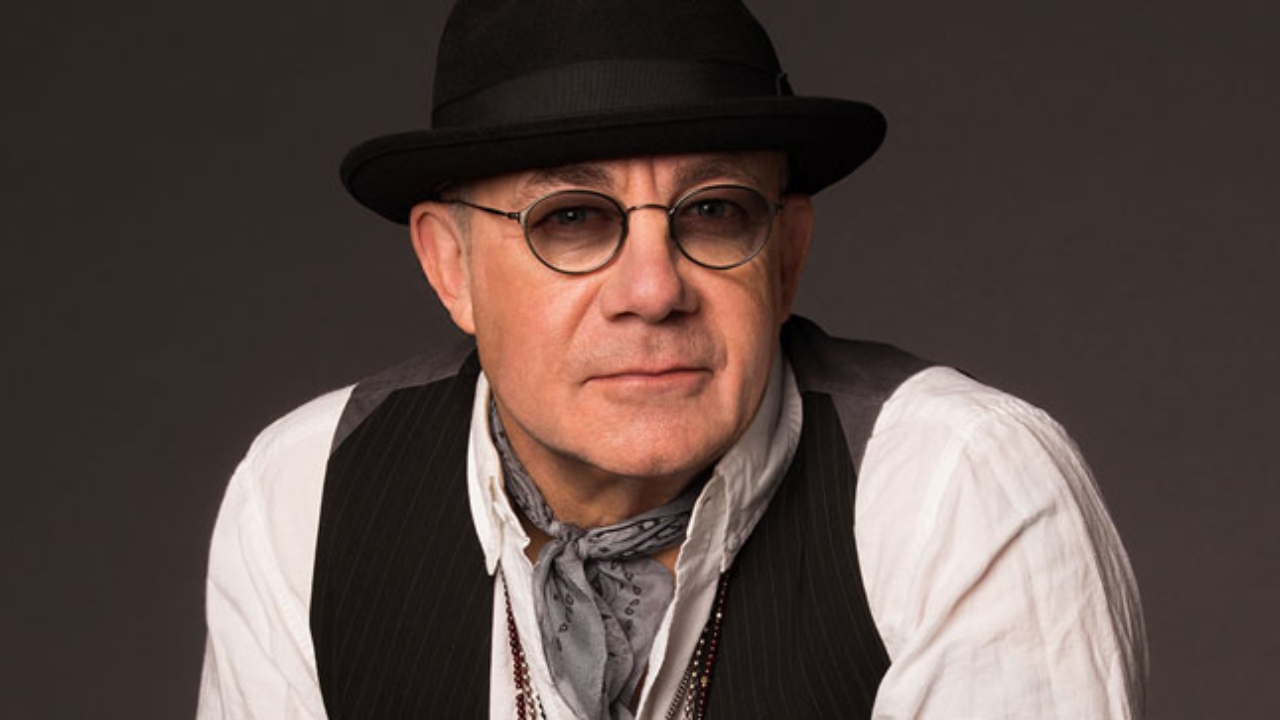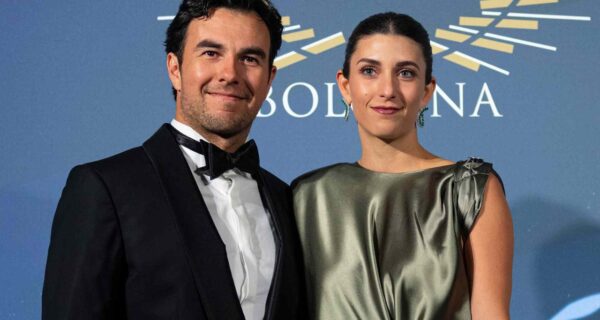Bernie Taupin, the legendary English lyricist and long-time collaborator of Elton John, has made an indelible mark on the music industry.
As we delve into Bernie Taupin’s net worth, we’ll explore the various facets of his career that have contributed to his financial success and his impact on popular music.
Bernie Taupin’s Net Worth
As of 2025, Bernie Taupin’s net worth is estimated to be around $200 million.
This impressive figure is the result of decades of successful songwriting, collaborations, and various other ventures in the entertainment industry.
Sources of Bernie Taupin’s Wealth
Songwriting Partnership with Elton John
The cornerstone of Bernie Taupin’s wealth is undoubtedly his long-standing songwriting partnership with Elton John.
This collaboration, which began in 1967, has produced numerous hit songs and albums, contributing significantly to Taupin’s net worth.
Key aspects of their partnership include:
- Writing lyrics for the majority of Elton John’s biggest hits.
- Collaborating on over 30 albums.
- Creating timeless classics like “Your Song,” “Tiny Dancer,” and “Rocket Man”.
The duo’s work has not only topped charts but has also stood the test of time, ensuring a steady stream of royalties from record sales, radio play, and licensing deals.
Songwriting for Other Artists
While Taupin is best known for his work with Elton John, he has also written successful songs for other artists, further boosting his income.
Some notable examples include:
- “We Built This City” for Starship.
- “These Dreams” for Heart.
- Collaborations with Alice Cooper and Brian Wilson.
Solo Career and Other Ventures
Bernie Taupin has explored various other avenues in the entertainment industry, each contributing to his overall net worth:
- Released spoken-word albums in the early 1970s.
- Recorded his own music, including the album “He Who Rides the Tiger”.
- Formed his own band called Farm Dogs in 1996.
- Established himself as a visual artist, displaying and selling his artwork since 2010.
Awards and Recognitions
Taupin’s contributions to music have been widely recognized, adding prestige to his name and potentially increasing the value of his work:
- Inducted into the Songwriters Hall of Fame in 1992 (with Elton John).
- Won an Oscar for Best Original Song in 2020 for “(I’m Gonna) Love Me Again” from the film “Rocketman”.
- Inducted into the Rock and Roll Hall of Fame in 2023 in the Musical Excellence Award category.
- Awarded the Gershwin Prize for Popular Song in 2024 (with Elton John).
Real Estate Investments
Like many high-net-worth individuals, Bernie Taupin has invested in real estate, which has likely contributed to his overall wealth:
- Owned a 30-acre ranch in the Santa Ynez Valley, which he listed for sale in 2017 for $4.7 million.
- The property featured a main house with five bedrooms, separate spaces for a studio and office, and an equestrian center.
The Elton John-Bernie Taupin Songwriting Dynamic
Understanding the unique working relationship between Bernie Taupin and Elton John provides insight into how Taupin has built his wealth:
- Taupin writes the lyrics, often sending them to John from different parts of the world.
- John then composes the music to fit Taupin’s words.
- This method has allowed them to create a vast catalog of songs over five decades.
- Their partnership has been described as a “nonsexual love affair” by Taupin himself.
Bernie Taupin’s Career Highlights
To fully appreciate Bernie Taupin’s net worth, it’s essential to understand the highlights of his career:
Early Days
- Born on May 22, 1950, in Lincolnshire, England.
- Answered an advertisement in New Musical Express in 1967, leading to his partnership with Elton John.
- Wrote lyrics for “Lady Samantha,” John’s first British recording success in 1968.
Rise to Fame
- Contributed lyrics to Elton John’s self-titled 1970 album, which established them both as major talents.
- Wrote lyrics for a string of hit albums throughout the 1970s, including “Goodbye Yellow Brick Road” and “Captain Fantastic and the Brown Dirt Cowboy”.
Continued Success
- Briefly worked with other artists in the late 1970s before reuniting full-time with Elton John in the 1980s.
- Contributed to John’s comeback album “Too Low for Zero” in 1983.
- Continued to write lyrics for John’s albums and singles throughout the 1990s and 2000s.
Recent Years
- Co-wrote songs for the 2019 biopic “Rocketman”.
- Released his memoir “Scattershot” in 2023, providing insight into his life and career.
Impact on Popular Culture
Bernie Taupin’s net worth isn’t just a reflection of his financial success but also his cultural impact:
- His lyrics have become part of the popular music lexicon.
- Many of his songs with Elton John have been covered by other artists, further cementing their place in music history.
- His work has influenced generations of songwriters and musicians.
Bernie Taupin’s Artistic Ventures Beyond Music
While music has been the primary source of Taupin’s wealth, his other artistic pursuits have also contributed to his net worth and reputation:
Visual Arts
- Began painting seriously in the 1990s.
- Developed a style described as “abstract expressionism with a pop-art zing”.
- Has held exhibitions in galleries across the United States and Canada.
Literary Works
- Published poetry collections, including “The Devil at High Noon”.
- Released his memoir “Scattershot” in 2023, offering fans a deeper look into his life and career.
FAQs
1. What is Bernie Taupin’s nationality and formative background in music?
Taupin is an English lyricist born in Lincolnshire in 1950 who developed a passion for poetry and songwriting from a young age, later becoming one of music’s most influential writers.
2. How did Taupin start his partnership with Elton John?
In 1967, Taupin responded to an ad for songwriters, was paired with Elton John, and formed a lasting collaboration, with Taupin writing lyrics and John composing music for decades.
3. Which are the most famous songs Taupin co-wrote with Elton John?
Her credits include “Your Song,” “Rocket Man,” “Tiny Dancer,” “Candle in the Wind,” “Bennie and the Jets,” “Goodbye Yellow Brick Road,” and many more hits spanning several decades.
4. What is the significance of “Candle in the Wind 1997” in Taupin’s career?
She rewrote the lyrics as a tribute to Princess Diana, creating the best-selling single of all time with over 33 million copies sold worldwide and earning historic recognition.
5. What awards and honors has Taupin received throughout his career?
Taupin is an Oscar, Golden Globe, and Ivor Novello Award winner, Rock and Roll Hall of Fame and Songwriters Hall of Fame inductee, and recipient of the 2024 Gershwin Prize for Popular Song.
6. Has Taupin written with other artists outside of his work with Elton John?
She collaborated with Alice Cooper, Heart, and others, also writing with Leon Russell, Willie Nelson, and for albums and soundtracks distinct from her Elton John legacy.
7. Is Taupin involved in any artistic ventures besides songwriting?
Taupin is also a visual artist, creating abstract and mixed-media paintings, and has held several exhibitions while considering art a serious pursuit alongside music.
8. Where does Taupin live, and what is known about her personal life?
She moved to California in the 1970s, became a U.S. citizen in 1990, and has four children. Taupin has a lifelong love for the American West and owns ranch property.
9. How has Taupin’s legacy influenced contemporary songwriting?
Taupin’s poetic lyrics and genre-blending storytelling shaped the gold standard for pop songwriting, inspiring generations of lyricists and helping define modern music’s emotional core.
10. What are Taupin’s recent projects and ongoing collaborations?
She and John continue to compose new music, received the Gershwin Prize in 2024, and Taupin’s memoir “Scattershot: Life, Music, Elton, and Me” was a New York Times bestseller.













